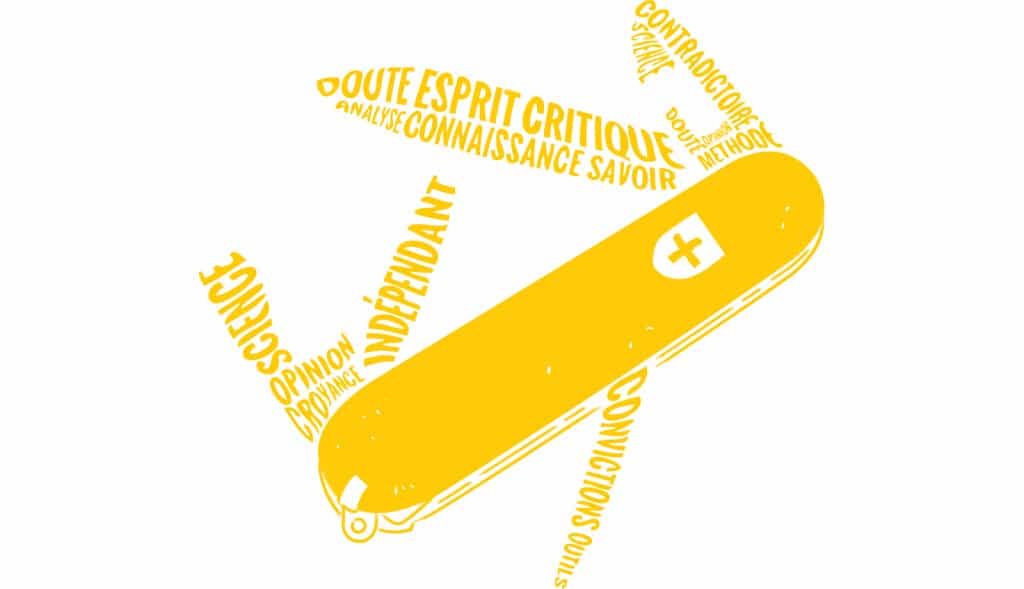[LUM#1] Knowledge put to the test of doubt
“What do I know?” asked Montaigne. Faced with the sheer volume of information that is fed to us without asking our opinion, the question is more relevant than ever... The influence of the moon on plants, the effectiveness of protein diets, the supposed harmfulness of GMOs or vaccines...

These are all social issues on which you may have a strong opinion. But how did you form that opinion? In the age of information superhighways, convictions are formed at the speed of broadband. To quench our thirst for certainty, there are now countless sources of information, and rumors are powerfully relayed: the blogosphere, social networks, talk shows, magazines, etc.
Critical thinking
A cacophony sometimes punctuated by authoritative opinions: those of "experts." Voices that help shape our most deeply held convictions. The very ones we should sometimes be wary of... "An expert presented as such is not always one. They may also stray from their field of expertise, be influenced by a conflict of interest, express a personal opinion... or even be wrong!"
What should be our first instinct? To doubt, of course: the first step on the path to critical thinking. To fully exercise it, you still need to "look for contradictory statements, but also apply simple methods: identify the underlying issues, evaluate the quality of the sources, the strength of the arguments presented, the methodological rigor, the degree of expertise of the speaker..." summarizes Guillemette Reviron, doctor of mathematics and co-founder of the Cortecs collective.
Democratic issues
Founded in 2010 in academic circles in Grenoble, Montpellier, and Marseille, this "collective for teaching and research in critical thinking and science" offers courses, lectures, and educational resources that are freely accessible. The idea is to enable everyone, as far as possible, to make informed choices. And one specific feature:"In class, we always discuss simple, stimulating topics that elicit few emotional reactions before moving on to more complex issues," explains Caroline Roullier, a doctor of biology and member of the collective who lectures inmiddle schools and trains teachers.
According to the Cortecs collective, the very functioning of our democracy is at stake. "Whether justified or not, our beliefs help shape the world we live in. They form the basis of our collective decisions, as well as those of our elected representatives." Knowledge: a power issue that citizens must no longer leave in the hands of experts, explains Guillemette Reviron. "Today, everyone is overwhelmed by increasingly complex issues. Understanding them better is a good start to taking your place in the decision-making process."
Find UM podcasts now available on your favorite platform (Spotify, Deezer, Apple Podcasts, Amazon Music, etc.).